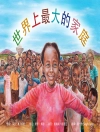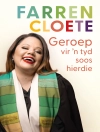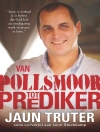Elie Wiesel, plucked from the ashes of the Holocaust, became a Nobel Peace laureate, an activist on behalf of the oppressed, a teacher, an award-winning novelist, and a renowned humanist. He moved easily among world leaders but was equally at home among the disenfranchised. Following his Nobel Prize, Wiesel established the Elie Wiesel Foundation for Humanity; one of their early initiatives was the founding of the Elie Wiesel Ethics Essay Contest.
The reflections in this volume come from judges of the contest. They share their personal and professional experiences working with and learning from Wiesel, providing a glimpse of the person behind the public figure. At a time when the future seems ominous and chaotic at best, these reflections hold on to the promise of an ethically and morally robust possibility. The students whose essays prompt this sense of hope are remarkable for their insight and dedication.
The messages embedded in the judges’ reflections mirror Wiesel’s convictions about the importance of friendship, the need to interrogate (without abandoning) God, and the power of remembrance in order to fight indifference.
Giới thiệu về tác giả
Alan L. Berger is the Raddock Family Eminent Scholar Chair for Holocaust Studies and Professor of Jewish Studies at Florida Atlantic University where he directs the Center for the Study of Value and Violence after Auschwitz. He is the author or editor of sixteen books, including Second Generational Voices with his wife Naomi and co-author of Third-Generation Holocaust Representation (2017), Post-Holocaust-Jewish-Christian Dialogue (editor, 2015), and Trialogue and Terror (Cascade, 2012). He holds a Doctor of Letters. Honoris Causa from Luther College. Take a look at my talk on Art Spiegelman’s graphic novel Maus!












